אודה לזמיר מאת ג´והן קיטס
תרגום חופשי, ליאורה ברנשטיין
1
לבי דווי,
קהות כבדת עפעף נוגסת בחושיי
כמו רוש שתיתי-כוס התרעלה-
או סם אלחוש אחֵר לפני דקה קלה
ולתהומות נהר לתה- נהר שכחה- אצלול;
ולא מרוב קנאה על מזלך הטוב,
אלא מיתר גיל על שמחתך נימפת עצים,
דרִיָיאד קלת כנף, ציפורת הזמיר,
אשר בשלל צללי הקיץ שיר תפעים
במתק פה, בחלקת יער מנעימה
וירוּקַת אשור.
2.
הו, מי יתנני לגימה של יין משובח
שהצטנן ימים רבים בתהומות תבל
וטעם לו של פרח ושל ניר ירוק,
של גיל בשמש משחימה, מחול וזמר הפרובאנס,
הו, מי יתנני מלוא קנקן לוהט משקה דרום
גדוש עד פיו במי אמת של מעיין ההיפוקרין[1]
סמוקים ותוססים, קורצים עד לשפה
ועל שפתיי יותירו כתם של חכליל,
כי אז אשתה ואסתלק מהעולם באין מבחין
יחדיו נימוג ביער מאפיל.
3.
אֶמּוֹג ואֶתְפּוֹגֵג, אשכח כליל
מעמסה שאת אף פעם לא תכירי בין עלים
פה, במקום של יגע, עצבנות, עקה ולחץ
בו אנקות גברים באוזן תהדהדנה
והשבץ מרעיד שרידי שיער אפור עלוב
דוהה פה זוהר נעורים אל רְפָאִים וְאַיִן ,
ואין הרהור מבלי לפגוש בצער ויגון
ייאוש מכביד על עפעפיים כעופרת
אבד כאן זוהר עין היופי, אף לשווא
אליו תכסוף אהבה חדשה מעבר למחר.
4
לנוס, להימלט, אליך, על אברה פרושה;
ולא במרכבתו של בַכְּחוּס – שַׂר תירוש - או של עוזריו,
אלא על מרכבה נסתרת של שירה;
ואף כי נבוכים ואיטיים רעיוניי
עָדַיִךְ כבר הגעתי, רך הליל,
אולי תופיע סהר - המלכה הלבנה - על כֵּס
מוקפת מעגלי פֵיות של כוכבים;
פה חושך,רק אדווה של זוהר משמים על כנף בריזה
אל טחב הדרכים המתפתלות תצנח באופל הירוק.
5.
היש פרחים למרגלות רגליי? איני מבחין מַהֶם;
ומה ענן הבושם התולה על הענף ברוך ?
ורק כי אשער באפילה מהניחוח המתוק
מה חודש בעונה פה תשורותיו בשפע מעניק,
העשב החלק, הסבך, עצי פירות הפרא,
ורד הבר פה מאדים ברוך והעוזרד חיוור,
מתחת נשורת העלים דוהה הסיגלית
ובן בכור למחצית ירח ליל אייר עולה
והוא שושן סמוק עמוס טללים כיין
וצליל החרקים פוקד את אפלולית ערביים
6.
הס, בעלטה אאזין; תכופות הייתי
מאוהב קמעה במוות קליל היד
ושידלתיו בצליל ובחרוז ובשמות רכים,
לשאוב נפשי הרגועה ממני לאוויר;
נראה שאין הזמן יותר טוב מעכשיו
למות ללא כאב באפלת חצות,
לצליל נפשך המשתפך בהִתעלות,
אוזניי יידומו אט בעת השיר
ואני מת באדמה לקול הרקוויאם.
7
צִפּוֹר בַּת נֵצַח, לַמָּוֶת לֹא נוֹעַדְתְּ!
לֹא יִרְמְסוּ אֶת עֲפָרֵךְ דּוֹרוֹת תְּאֵבִים;
קוֹל זֶה שָׁמַעְתִּי אֶמֶשׁ הַחוֹלֵף,
שָׁמְעוּ לֵיצָן וּמֶלֶךְ קַדְמוֹנִים;
אוּלַי כְּבָר זֶה הַשִּׁיר שֶרוּת שָׁמְעָה
עֵת הִתְהַלְּכָה בִּשְׂדֶה חִטָּה נָכְרִי
גַּעְגּוּעִים בַּלֵּב וְדֶמַע בְּעֵינָהּ;
הַזֶּמֶר שֶׁאֵלָיו חַלּוֹן נִפְתַּח
שִׁירַת נִימְפוֹת נִשֵּׂאת מִצּוּק נִדָּח
עַל יָם וְעָב וְקֶצֶף גַּל עֲלֵי מֶרְחָב.
נידח – מילה שהיא כמו פעמון
קולו שואב אותי ממך אלי !
אֶדְיוּ, שלום להיתולי דמיון
ידוע בתעתועיו כתחבולות שדון
אדיו לצליל שירה נוגה ומתפוגג
חולף מעל אֲפָר ודממת יוּבַל,
במעלה הגבע מתנשא אל על
ונעלם אי שם בעמק שליד.
חלום, או חיזיון הקיץ, מה זה היה ?
ישן אני או ער ? המנגינה פרחה.
_[1] מעיין המוזות
"Ode To A Nightingale"
John Keats (1795-1821):
My heart aches, and a drowsy numbness pains
My sense, as though of hemlock I had drunk,
Or emptied some dull opiate to the drains
One minute past, and Lethe-wards had sunk:
´Tis not through envy of thy happy lot,
But being too happy in thine happiness,--
That thou, light-winged Dryad of the trees
In some melodious plot
Of beechen green, and shadows numberless,
Singest of summer in full-throated ease.
O, for a draught of vintage! that hath been
Cool´d a long age in the deep-delved earth,
Tasting of Flora and the country green,
Dance, and Provencal song, and sunburnt mirth!
O for a beaker full of the warm South,
Full of the true, the blushful Hippocrene,
With beaded bubbles winking at the brim,
And purple-stained mouth;
That I might drink, and leave the world unseen,
And with thee fade away into the forest dim:
Fade far away, dissolve, and quite forget
What thou among the leaves hast never known,
The weariness, the fever, and the fret
Here, where men sit and hear each other groan;
Where palsy shakes a few, sad, last gray hairs,
Where youth grows pale, and spectre-thin, and dies;
Where but to think is to be full of sorrow
And leaden-eyed despairs,
Where Beauty cannot keep her lustrous eyes,
Or new Love pine at them beyond to-morrow.
Away! away! for I will fly to thee,
Not charioted by Bacchus and his pards,
But on the viewless wings of Poesy,
Though the dull brain perplexes and retards:
Already with thee! tender is the night,
And haply the Queen-Moon is on her throne,
Cluster´d around by all her starry Fays;
But here there is no light,
Save what from heaven is with the breezes blown
Through verdurous glooms and winding mossy ways.
I cannot see what flowers are at my feet,
Nor what soft incense hangs upon the boughs,
But, in embalmed darkness, guess each sweet
Wherewith the seasonable month endows
The grass, the thicket, and the fruit-tree wild;
White hawthorn, and the pastoral eglantine;
Fast fading violets cover´d up in leaves;
And mid-May´s eldest child,
The coming musk-rose, full of dewy wine,
The murmurous haunt of flies on summer eves
Darkling I listen; and, for many a time
I have been half in love with easeful Death,
Call´d him soft names in many a mused rhyme,
To take into the air my quiet breath;
Now more than ever seems it rich to die,
To cease upon the midnight with no pain,
While thou art pouring forth thy soul abroad
In such an ecstasy!
Still wouldst thou sing, and I have ears in vain--
To thy high requiem become a sod.
Thou wast not born for death, immortal Bird!
No hungry generations tread thee down;
The voice I hear this passing night was heard
In ancient days by emperor and clown:
Perhaps the self-same song that found a path
Through the sad heart of Ruth, when, sick for home,
She stood in tears amid the alien corn;
The same that oft-times hath
Charm´d magic casements, opening on the foam
Of perilous seas, in faery lands forlorn.
Forlorn! the very word is like a bell
To toll me back from thee to my sole self!
Adieu! the fancy cannot cheat so well
As she is fam´d to do, deceiving elf.
Adieu! adieu! thy plaintive anthem fades
Past the near meadows, over the still stream,
Up the hill-side; and now ´tis buried deep
In the next valley-glades:
Was it a vision, or a waking dream?
Fled is that music:--Do I wake or sleep?
"Ode To A Nightingale"
John Keats (1795-1821):
My heart aches, and a drowsy numbness pains
My sense, as though of hemlock I had drunk,
Or emptied some dull opiate to the drains
One minute past, and Lethe-wards had sunk:
´Tis not through envy of thy happy lot,
But being too happy in thine happiness,--
That thou, light-winged Dryad of the trees
In some melodious plot
Of beechen green, and shadows numberless,
Singest of summer in full-throated ease.
O, for a draught of vintage! that hath been
Cool´d a long age in the deep-delved earth,
Tasting of Flora and the country green,
Dance, and Provencal song, and sunburnt mirth!
O for a beaker full of the warm South,
Full of the true, the blushful Hippocrene,
With beaded bubbles winking at the brim,
And purple-stained mouth;
That I might drink, and leave the world unseen,
And with thee fade away into the forest dim:
Fade far away, dissolve, and quite forget
What thou among the leaves hast never known,
The weariness, the fever, and the fret
Here, where men sit and hear each other groan;
Where palsy shakes a few, sad, last gray hairs,
Where youth grows pale, and spectre-thin, and dies;
Where but to think is to be full of sorrow
And leaden-eyed despairs,
Where Beauty cannot keep her lustrous eyes,
Or new Love pine at them beyond to-morrow.
Away! away! for I will fly to thee,
Not charioted by Bacchus and his pards,
But on the viewless wings of Poesy,
Though the dull brain perplexes and retards:
Already with thee! tender is the night,
And haply the Queen-Moon is on her throne,
Cluster´d around by all her starry Fays;
But here there is no light,
Save what from heaven is with the breezes blown
Through verdurous glooms and winding mossy ways.
I cannot see what flowers are at my feet,
Nor what soft incense hangs upon the boughs,
But, in embalmed darkness, guess each sweet
Wherewith the seasonable month endows
The grass, the thicket, and the fruit-tree wild;
White hawthorn, and the pastoral eglantine;
Fast fading violets cover´d up in leaves;
And mid-May´s eldest child,
The coming musk-rose, full of dewy wine,
The murmurous haunt of flies on summer eves
Darkling I listen; and, for many a time
I have been half in love with easeful Death,
Call´d him soft names in many a mused rhyme,
To take into the air my quiet breath;
Now more than ever seems it rich to die,
To cease upon the midnight with no pain,
While thou art pouring forth thy soul abroad
In such an ecstasy!
Still wouldst thou sing, and I have ears in vain--
To thy high requiem become a sod.
Thou wast not born for death, immortal Bird!
No hungry generations tread thee down;
The voice I hear this passing night was heard
In ancient days by emperor and clown:
Perhaps the self-same song that found a path
Through the sad heart of Ruth, when, sick for home,
She stood in tears amid the alien corn;
The same that oft-times hath
Charm´d magic casements, opening on the foam
Of perilous seas, in faery lands forlorn.
To toll me back from thee to my sole self!
Adieu! the fancy cannot cheat so well
As she is fam´d to do, deceiving elf.
Adieu! adieu! thy plaintive anthem fades
Past the near meadows, over the still stream,
Up the hill-side; and now ´tis buried deep
In the next valley-glades:
Was it a vision, or a waking dream?
Fled is that music:--Do I wake or sleep?



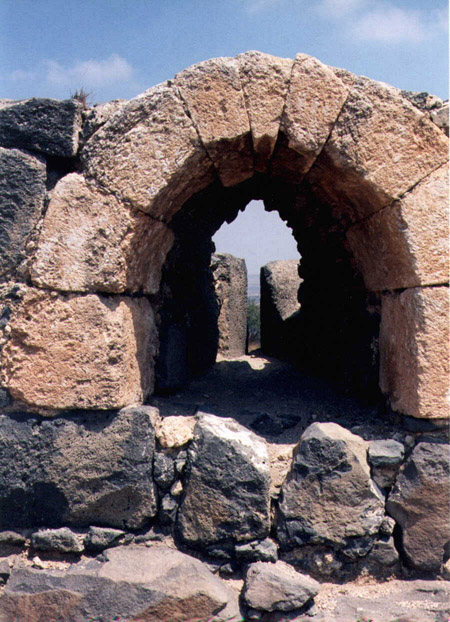
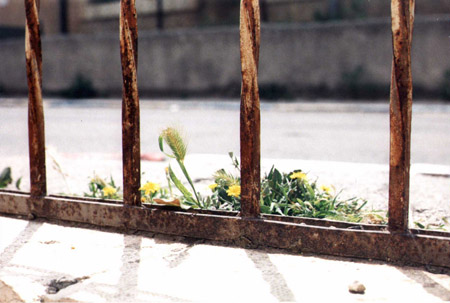
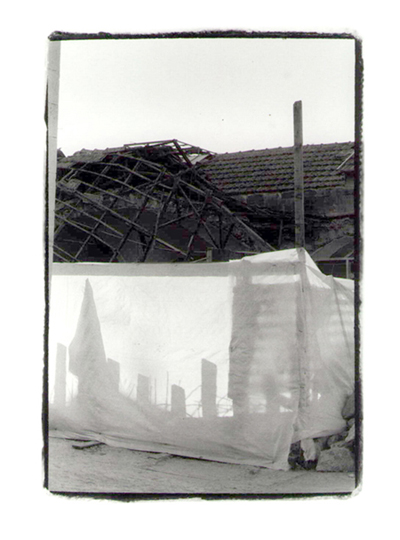
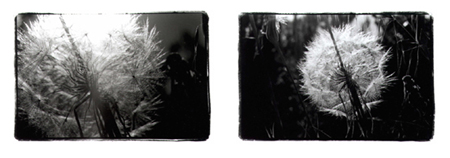
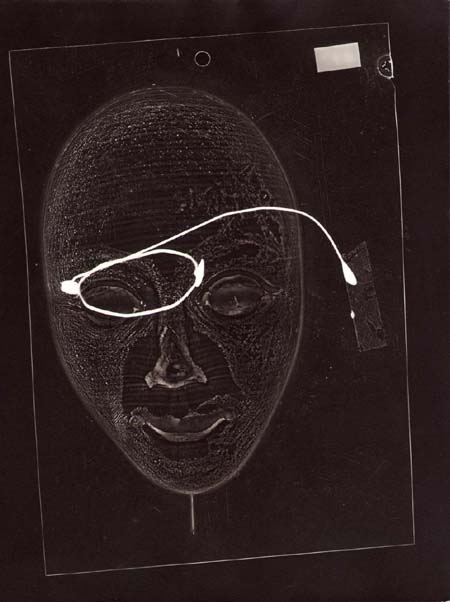
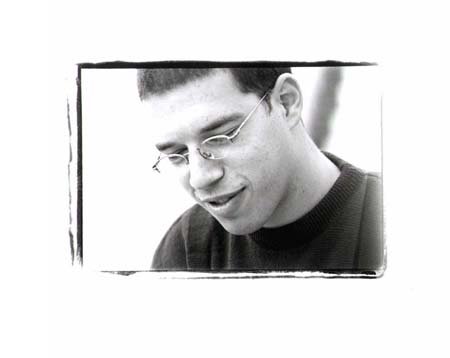
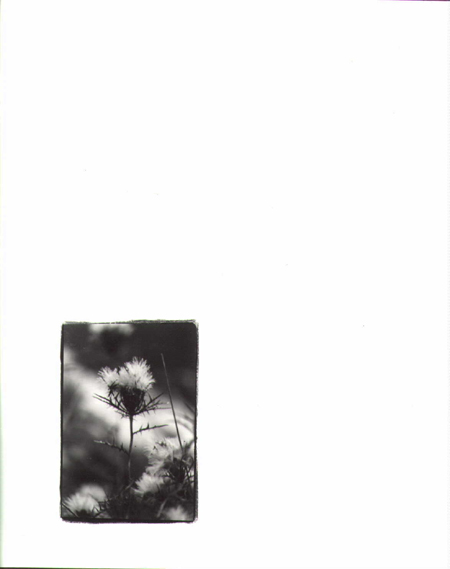

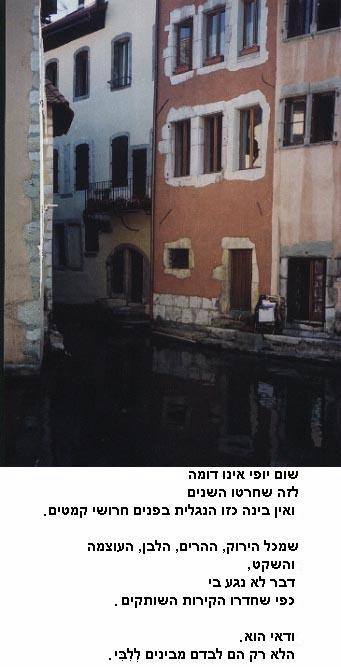
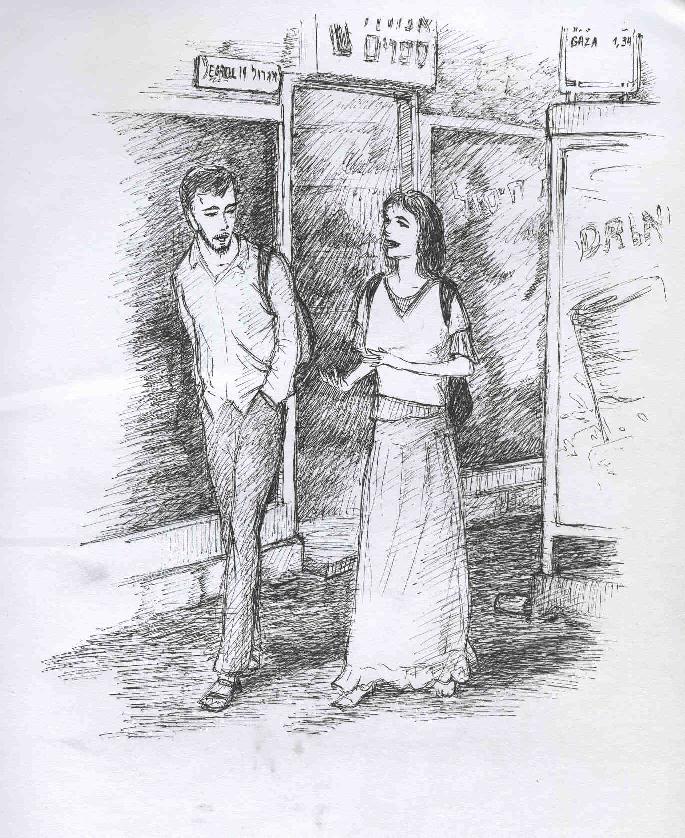
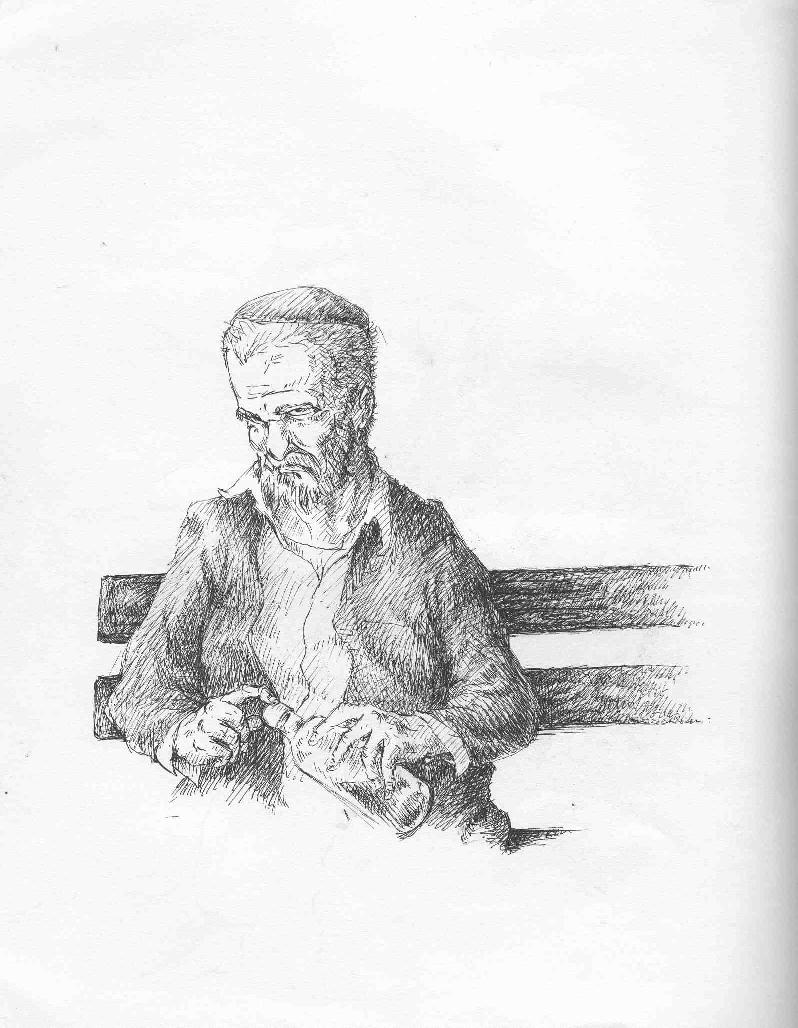
תגובות